To thrive in today's dynamic market, sales teams need to be equipped with the latest product knowledge, industry trends, and customer insights. Creating captivating and impactful learning experiences is vital to ensure sales reps have the necessary skills and knowledge to outperform and exceed targets.
Over the years, we’ve created and delivered numerous sales training curriculums for leading organizations. Irrespective of the size of your sales teams or the industry, here are five ways to craft learning experiences for your sales teams that foster a culture of continuous learning, transform employees into product gurus, and fuel innovation and brand advocacy within your organization. From onboarding programs to microlearning and gamification, we'll discuss different training options to help your sales teams stay ahead of the curve and propel business growth.
5 Ways to Create Learning Experiences for Your Sales Team
- Product Training
Product training is essential for sales teams to excel. It enhances sales performance and customer service, empowering sales reps to communicate product benefits and address customer inquiries, leading to better customer onboarding experiences. By fostering a culture of continuous learning, product training creates product experts, driving innovation and brand advocacy within the organization.
The good news is that product knowledge can be delivered in many formats. Some of the possibilities are quick demo videos, an infographic about product specifications, and the use of AR/VR for in-depth product capabilities.
Here’s how Johnson & Johnson Vision used an immersive mixed-modality training solution to support sales teams. - Compliance Training
Compliance training ensures that sales teams understand and adhere to relevant laws, regulations, and ethical guidelines. This is crucial for avoiding legal risks, maintaining a positive company reputation, and protecting consumers. Compliance training also helps create a culture of accountability within sales teams. By providing training and emphasizing the importance of compliance, organizations can foster a work environment where employees take responsibility for their actions and make ethical decisions. This can lead to increased trust from customers and stakeholders, as well as improved overall performance. From cybersecurity and ethics training to health, safety, and security, sales teams will benefit immensely from such mandatory programs.
Here’s how Italian luxury fashion house Fendi trains in-store employees. - Sales Onboarding
Investing in a comprehensive sales onboarding training program is crucial for our organization's success. It accelerates new hires' time-to-productivity, improves retention, ensures consistency, promotes engagement and motivation, and reduces risk by protecting the organization's reputation and reducing potential legal and regulatory compliance issues. A well-designed onboarding program can help new hires feel valued, engaged, and motivated, leading to higher levels of job satisfaction and performance.
Here’s how Blue Cross Blue Shield of Massachusetts reimagined onboarding for better employee retention. - Upskilling
By providing ongoing education and training, organizations can ensure their sales teams are equipped with the necessary skills and knowledge to adapt to new trends, technologies, and customer needs. Upskilling can lead to improved performance, increased motivation, better customer relationships, and higher retention rates. It also helps create brand ambassadors who can bolster brand awareness, promote positive conversations, and drive loyalty. Furthermore, upskilling sales teams can mitigate attrition, get reps closer to smashing their quotas, and help companies stay ahead of the competition.
Here’s how Intuit used gamification to transform learning experiences and upskill sales teams. - Process Training
Sales teams need process training to ensure they follow a consistent, team-based sales process aligned with buyers' behaviors and motivations. This training is essential to avoid miscommunications, dropped handoffs, and, ultimately, customer loss. Understanding how buyers perceive value and make decisions in their Customer-Deciding Journey allows sales teams to design and implement customer acquisition and expansion processes effectively. Process training leads to faster sales cycles, stronger pipelines, higher close rates, improved pipeline visibility, accurate forecasts, and successful account expansion strategies.
Read more about the impact of process training for White River Marine Group.
Learn more about creating better learning experiences for your sales teams with ELB Learning.


_Blog%20Featured%20Image%20800x500.png?width=388&name=Recap%209-4-25%20Why%20You%20Should%20Train%20Sales%20Leaders%20Like%20Cats%20(Not%20Dogs)_Blog%20Featured%20Image%20800x500.png)




